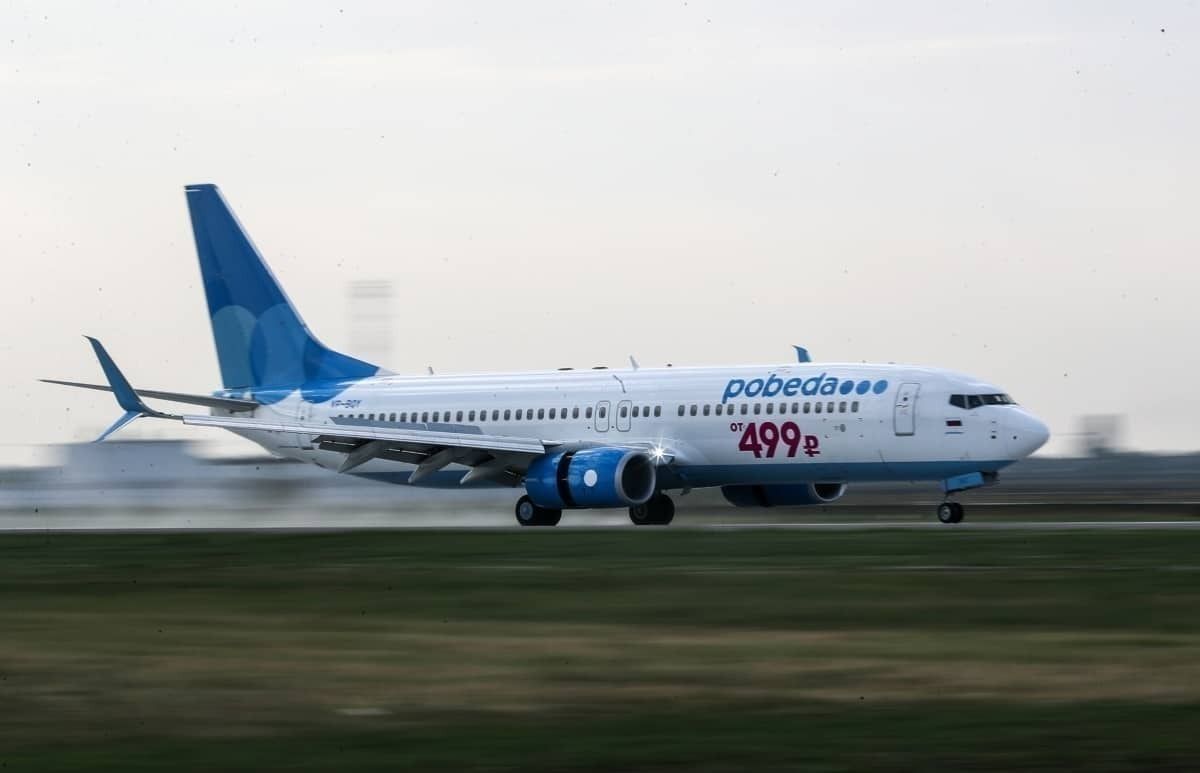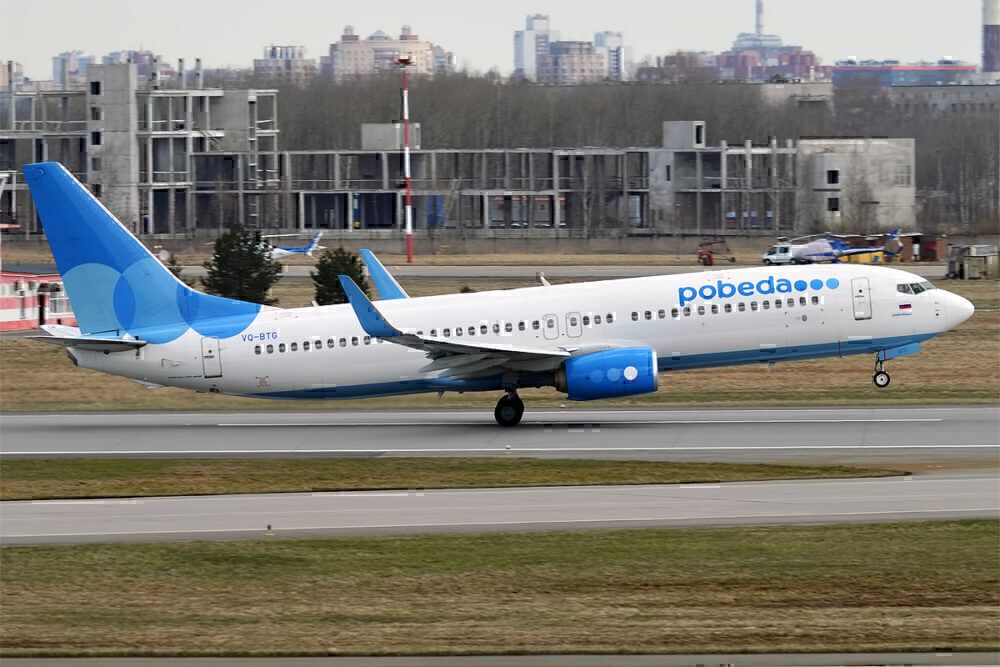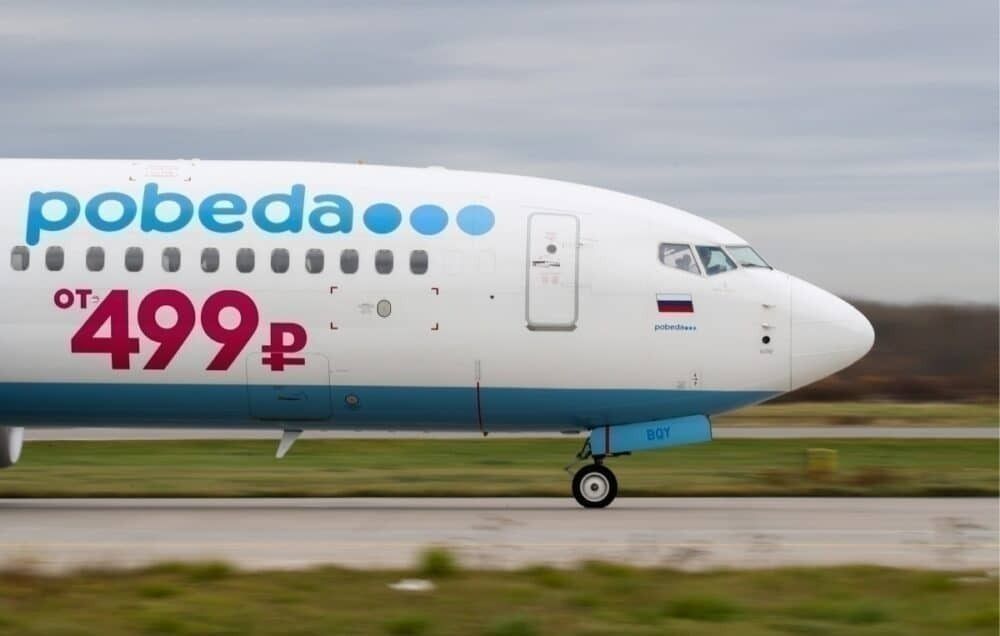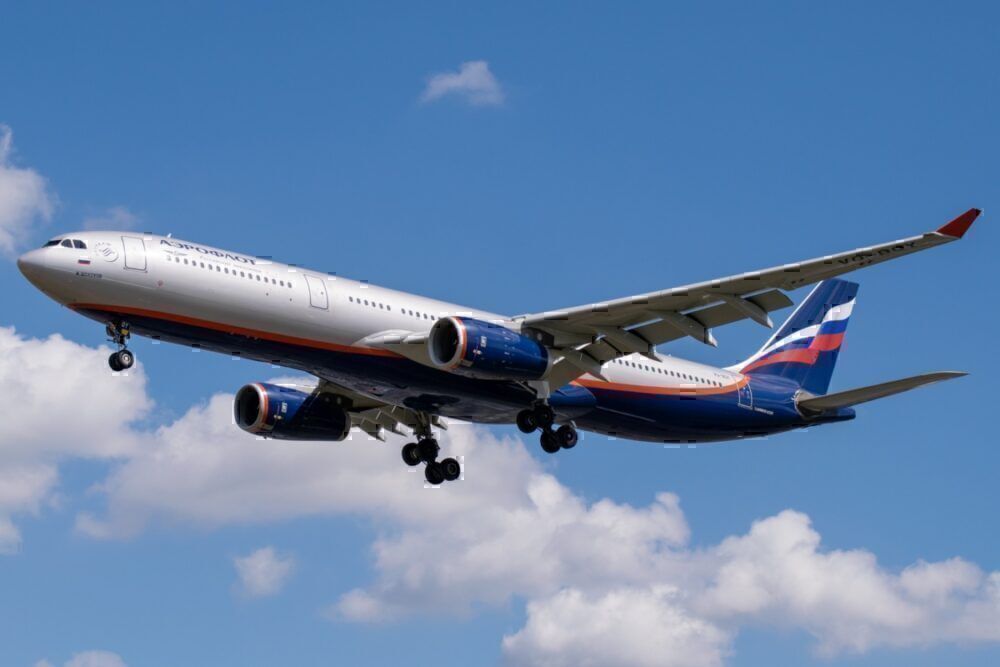Aeroflot announced that its low-cost subsidiary, Pobeda Airlines, saw traffic levels in July 2020 that were comparable to levels the airline saw back in 2019. This indicates a strong sign of a rebounding market among leisure travelers.
The Aeroflot group had a good July with Pobeda standing out
Pobeda was one of the stars in the Aeroflot's Group July results. Specifically, in a release viewed by Simple Flying, Aeroflot stated the following:
According to the results of July, Pobeda Airlines reached the traffic levels of comparable period of last year.
Essentially, Pobeda saw nearly the same number of travelers in July 2020 as it did in the same year last year. Given the overwhelmingly difficult situation for a lot of airlines, this was a very exciting result for Pobeda, and it can tell a lot about the global industry's recovery and the recovery of Russia's market.
The Aeroflot Group carried 2.9 million passengers in July 2020, which was a year-on-year decrease of 54.5%. Aeroflot itself carried one million passengers, which was a year-on-year decrease of 72.2%.
The load factor for the Group was 78.7%, which was 11.3% lower than what it was last year in the same period. At Aeroflot in particular, the load factor was 70.4%– 17.2 percentage points lower than what it was last year.
What Pobeda's results show
Per an Aeroflot factsheet from the end of 2019, Pobeda is the airline's low-cost product that focuses on the domestic segment and popular underserved international routes. The airline operates a point-to-point model and represents about 16% of the Aeroflot Group's passenger operations with its fleet of 34 Boeing 737-800s.
Low-cost carriers are driving a lot of markets around the world. This is especially true in some of the hardest-hit markets by the current crisis, for example, in Vietnam and China, which are two of the most significant markets where rebound has been stellar. In both of those markets, full-service carriers have seen a considerable amount of the recovering passenger market.
Russia is taking a similar approach in terms of the recovery as Europe and the United States, with leisure travelers making up the bulk of the passengers that are traveling. With Pobeda's mostly domestic focus, it also shows that people in Russia are looking to travel domestically.
Recovery, but slower for Aeroflot
Aeroflot is Russia's flag carrier and primarily caters to international travelers and business passengers. Aeroflot's load factor was still quite good at 70%. However, capacity was down about 74% when measured in available seat kilometers. The Aeroflot Group's capacity was down 58% when measured in available seat kilometers. Domestic capacity was down only about 5% under the same metric.
Aeroflot noted that the group was able to continue to recover its domestic traffic volumes. International flights only gradually began to recover, with flights to the UK and Turkey opening up in August.
Aeroflot did retire one Airbus A330-300 in July. This put the airline's fleet count at 245 jets with 359 aircraft across all of Aeroflot's airlines. Along with Pobeda, Aeroflot also has Aurora and Rossiya Airlines as its subsidiaries. Aurora mainly operates in the Far East, while Rossiya is another full-service airline in Russia.
What do you make of Pobeda's July 2020 results? Let us know in the comments!




